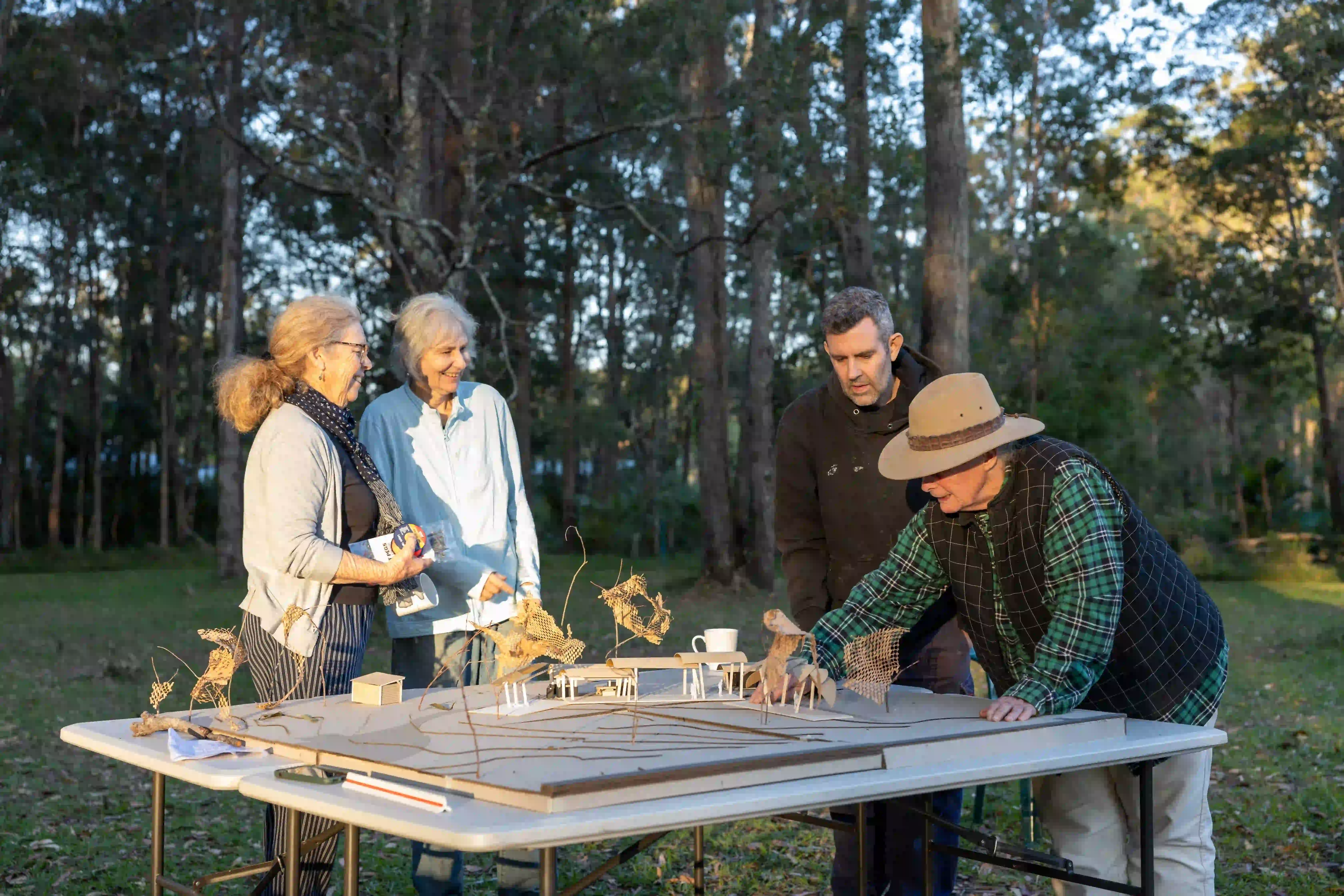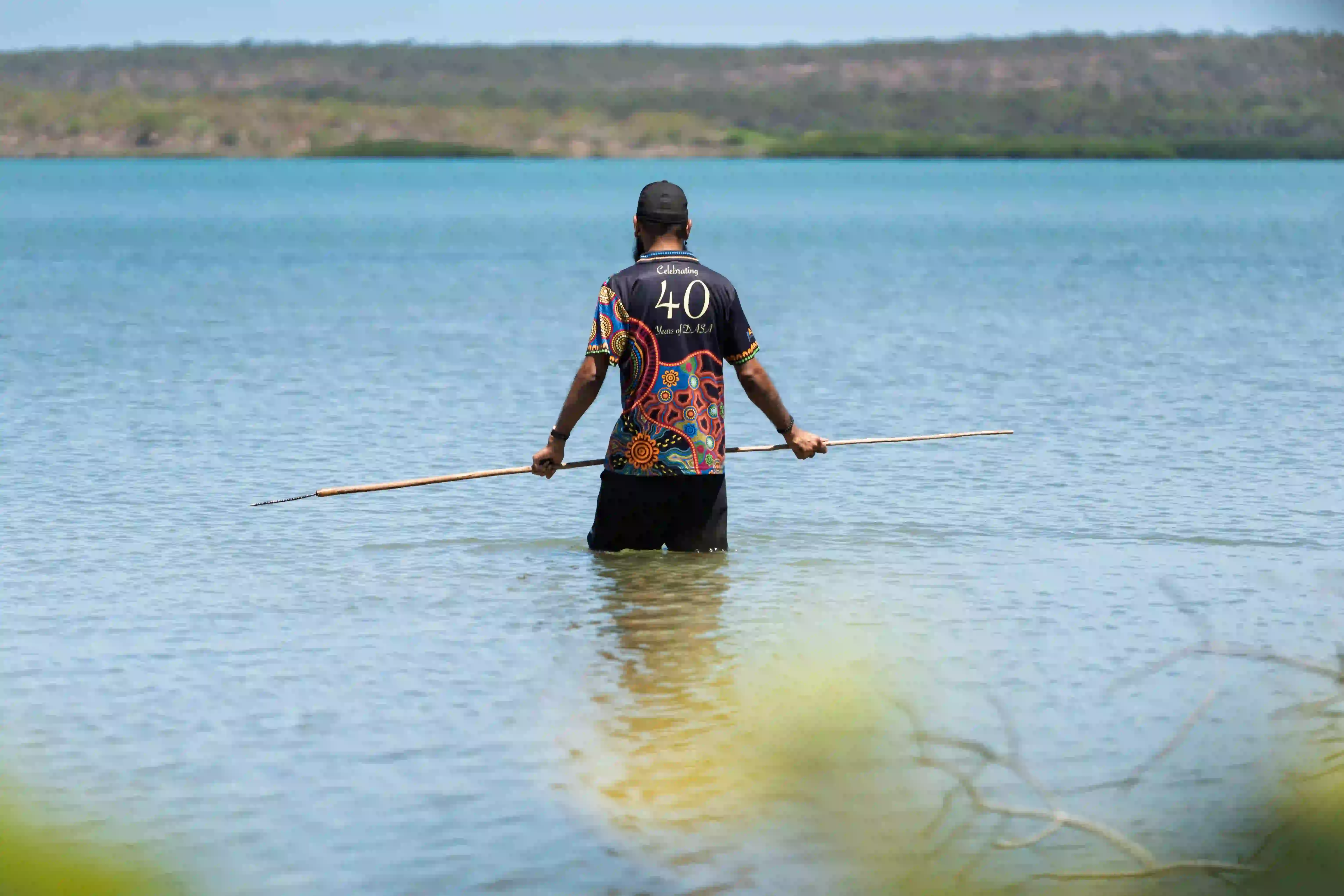JOINT MEDIA STATEMENT FROM THE PAUL RAMSAY FOUNDATION, MINDEROO FOUNDATION AND THE JOHN AND MYRIAM WYLIE FOUNDATION
Three of Australia’s prominent philanthropic foundations have joined together to establish an independent review of the country’s response to the COVID-19 pandemic and its impact on the community with the goal of improving future health crisis responses.
The Paul Ramsay Foundation, Minderoo Foundation and the John and Myriam Wylie Foundation today announced the review, which will be steered by review chair Professor Peter Shergold AC.
Professor Shergold will be joined by panel members Jillian Broadbent AC, Doherty Institute Director Professor Sharon Lewin AO, former Young Australian of the Year Isobel Marshall, and University of Queensland Chancellor Peter Varghese AO. The review panel will be supported by research and analysis from e61 Institute.
Paul Ramsay Foundation CEO Professor Glyn Davis AC said the review was specifically designed to be independent and philanthropy-led, and sets out to ensure the lessons from Australia’s pandemic experience are captured so that they may be used to strengthen policies and actions in response to future crises.
“We need to be more ready and resilient for whatever comes next – it’s critical that we know more about the effects and consequences of the pandemic so that our response is tailored to have the greatest impact in improving the health, security, and happiness of Australians, especially for future generations,” said Professor Davis.
The funders of this review have each committed to an independent approach, with the review process and its conclusions at the discretion of the Panel, and free of editorial or policy direction from the funders. The Review will deliver its final report with recommendations by September 2022.
Professor Peter Shergold, AC, review Chair, commented on the importance of the review: “While governments will no doubt reflect on the experiences and results of their own policies, this review will provide a valuable independent examination. We aim to deliver incisive and practical recommendations that will assist governments, business, civil society and the broader community to mitigate the impact of future health crises and create a more resilient society.”
Members of the public are invited to provide a submission to the Review addressing one or all of the following questions:
- What impact did the pandemic have on you and your community?
- What worked well, and what didn’t work well, in governments’ policy responses to reduce the impact of the pandemic on you and your community?
- What should be done now to better prepare for the next health crisis?
- What other issues would you like to raise with the Panel?
Submissions are limited to 1,500 words and can be lodged online at www.e61.in/covid-review. The closing date is 31 July, 2022.
Submissions will be treated as confidential and will only be referenced in the final report with written permission.
Media contact: Pia Akerman, 0412 346 746
The Review Panel
- Professor Peter Shergold AC: Professor Shergold has worked at the highest levels of Australian public policy, including as Secretary of the Department of the Prime Minister and Cabinet, and led numerous reviews on major government programs. He is currently Chair of the AMP Foundation, Crescent Institute, and the Centre for Social Impact.
- Jillian Broadbent AC: With an extensive career in banking in Australia and overseas, Ms Broadbent is a leading company non executive director who has previously sat on the board of organisations including the Reserve Bank, the Clean Energy Finance Corporation, SBS and Qantas. She is currently a director at Macquarie, the Sydney Dance Company and the National Portrait Gallery Board Foundation.
- Professor Sharon Lewin AO: Leading infectious diseases expert and virologist, Professor Sharon Lewin, is the inaugural Director of the Doherty Institute. She is also Laureate Professor of Medicine at The University of Melbourne and a National Health and Medical Research Council (NHMRC) Practitioner Fellow.
- Isobel Marshall: Ms Marshall was named Young Australian of the Year in 2021 in recognition of her work as a social entrepreneur, co-founding TABOO to help women around the world by breaking down stigma around menstruation and providing greater access to hygiene products. She is also a full-time student at the University of Adelaide, where she is studying a Bachelor of Medicine (MBBS) and a Bachelor of Surgery.
- Peter Varghese AO: Peter Varghese is Chancellor of The University of Queensland and has had an extensive career in public service and diplomacy spanned 38 years, including senior positions in foreign affairs, trade policy and intelligence. Most recently, he served as Secretary of the Department of Foreign Affairs and Trade (2012-2016).
Independent review of Australia’s COVID-19 response
Terms of Reference
The Independent Panel has been asked to review Australia’s response to the COVID-19 pandemic to provide a small number of practical, high-impact recommendations on how Australia can become a more resilient nation that is better prepared for future health crises.
Background
Australia has navigated the profound challenges of the COVID-19 pandemic well compared to many countries, but it has had a major impact on our country and our people. Decision makers have had to deal with unprecedented health, social, economic and humanitarian considerations quickly, with essentially no roadmap to guide them.
As we look ahead to a post-COVID-19 world, this is an important moment of opportunity to consider crucial lessons we can learn from the pandemic, so that we are better prepared and more resilient for the next potential crisis. This is the opportunity to ensure we understand consequences – both intended and unintended – of decisions and actions taken and analyse what worked well and what did not.
The funders of this review have therefore commissioned a report to consider these vital questions. The funders believe that an independent, philanthropy-led process will provide a particularly valuable perspective for our future national planning for, and response to, such a situation. The decisions made throughout the pandemic were made in real time under enormous pressure. The review aims to ensure future decision-makers are equipped with practical insights and a clear articulation of the lessons learned from our collective experience this time round. It will look to the future. It will consider whether stated objectives were met, and what doing better might look like based on the reviewers’ expertise and experience, including the challenge of balancing conflicting public policy objectives.
The objective is to help Australia deal effectively with a similar crisis in future – one which is unlikely to be the same as we have recently experienced, but nevertheless will again require exceptional crisis management skills to be applied, and better.
While this review will focus on dealing with a global health pandemic on our shores, some of its perspectives could be also of benefit in thinking ahead to how Australia deals effectively with other large-scale challenges it may face in future, of whatever nature.
Scope of the review
The review will cover core issues and potential improvements from the three phases of the COVID-19 pandemic:
- Preparation: including risk monitoring, the availability of data, access to skills, the adequacy of emergency plans and protocols, and the flexibility of Australia’s communities, policies, and markets
- Response: including communication, managing policy trade-offs, governance, government coordination, knowledge and data sharing between and within state-national governments and the public; logistics and supply chains; our ability to adapt as the crisis evolved; and the inclusiveness and effectiveness of our policy responses
- Recovery: including the adequacy and effectiveness of policy supports provided; the distribution of those supports across the community; whether the post-COVID recovery is inclusive of vulnerable communities; and how we are learning from the successes and shortcomings in our policy responses
Process
The independent review will draw on extensive consultations across the community (including with government, civil society, academia, business, peak industry bodies, labour unions, and individual members of diverse communities) along with data analysis, policy analysis and desktop research led by a research team at the e61 Institute. The review will publish a report centred on a small number of practical, high-impact recommendations.
Submissions
We want to hear from you! The Panel invites you to provide a submission to the Review addressing one or all of the following questions:
- What impact did the pandemic have on you and your community?
- What worked well, and what didn’t work well, in governments’ policy responses to reduce the impact of the pandemic on you and your community?
- What should be done now to better prepare for the next health crisis?
- What other issues would you like to raise with the Panel?
Please submit your response online at www.e61.in/covid-review. Please limit your submission to 1,500 words. Submissions will be treated as confidential and will only be referenced in the final report with your written permission.






.png)



